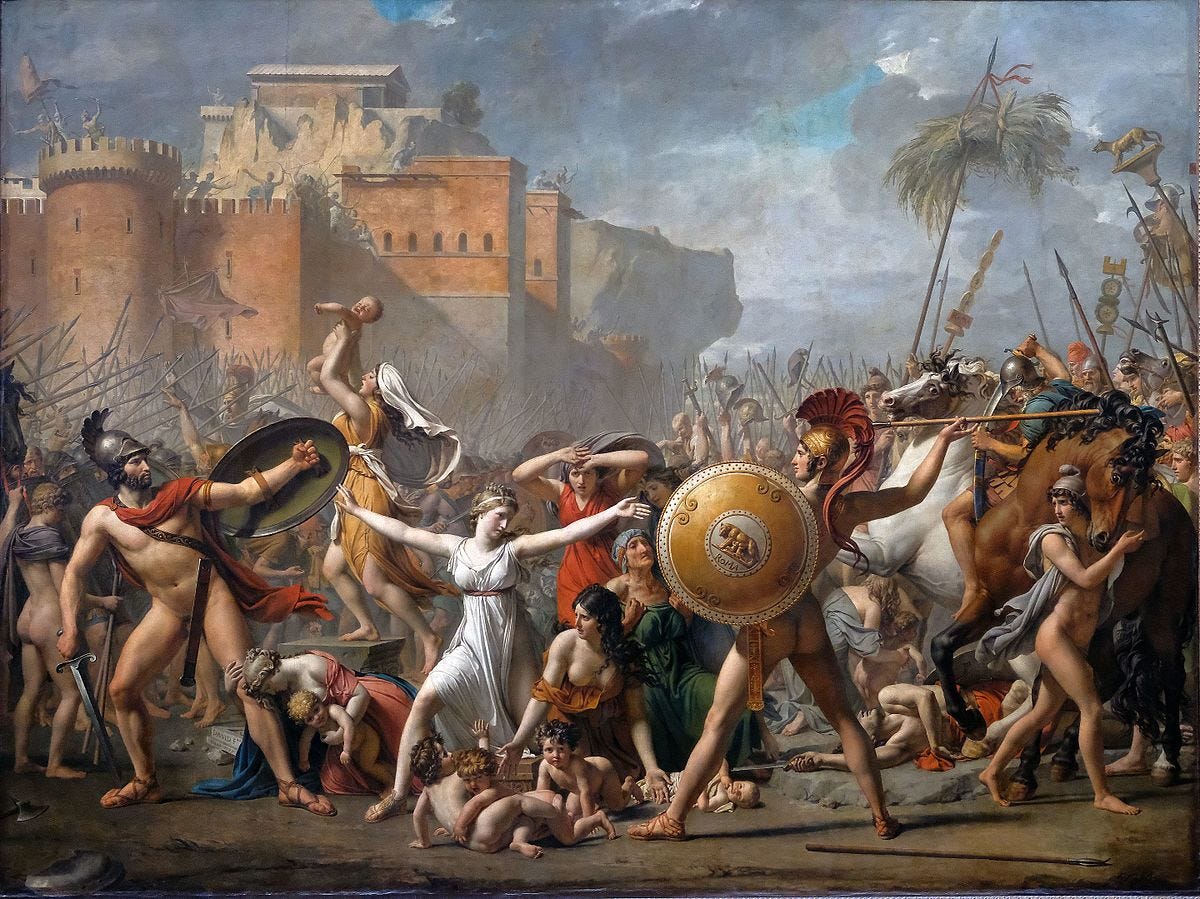Resilience & Patience
Two examples show how patience and persistence eventually pay off.

“Never give in, never give in, never, never, never, never—in nothing, great or small, large or petty—never give in except to convictions of honour and good sense.” — Winston Churchill, 1941
Life can throw a lot at you from time to time. So much that it can seem overwhelming, or that you’re constantly moving from defeat to defeat.
How are you supposed to keep going in situations like this?
In the last previous editions of the newsletter, we’ve covered grief and its stages—how to work through it and help others; and loss, or more particularly job loss. Two themes encapsulate what the year has delivered to many people thus far.



